Here Are the 10 Most Shorted Stocks of 2013
Short sellers made countless headlines in 2013 as the stock market crushed all-time records and questions about the fundamentals behind the rally began to swirl.
Some short sellers, who borrow shares in a bet they can buy them back later at a lower price, have seized on momentum moves like Tesla’s (NASDAQ:TSLA) meteoric rise. Others like hedge fund titan Bill Ackman have gone “all in” against the business models of specific companies, like Herbalife (NYSE:HLF).
Using factors such as borrowed volumes, borrowing cost and client interest, SunGard’s Astec Analytics team recently compiled a list of the top 10 shorts of 2013.
1. Tesla

The electric car maker’s wild ride has attracted plenty of momentum traders as well as a parade of short sellers.
After starting the year at just north of $30, Tesla has skyrocketed as high as $194 in September amid growing optimism about its business and enthusiasm for the company’s first quarterly profit. For the year, it’s currently up an incredible 347%.
But concerns about overvaluation and a series of high-profile fires have made Elon Musk’s company a prime target for shorts. According to Astec Analytics, the number of Tesla shares investors have borrowed has doubled since the start of November to reach their highest level of the year.
2. BlackBerry
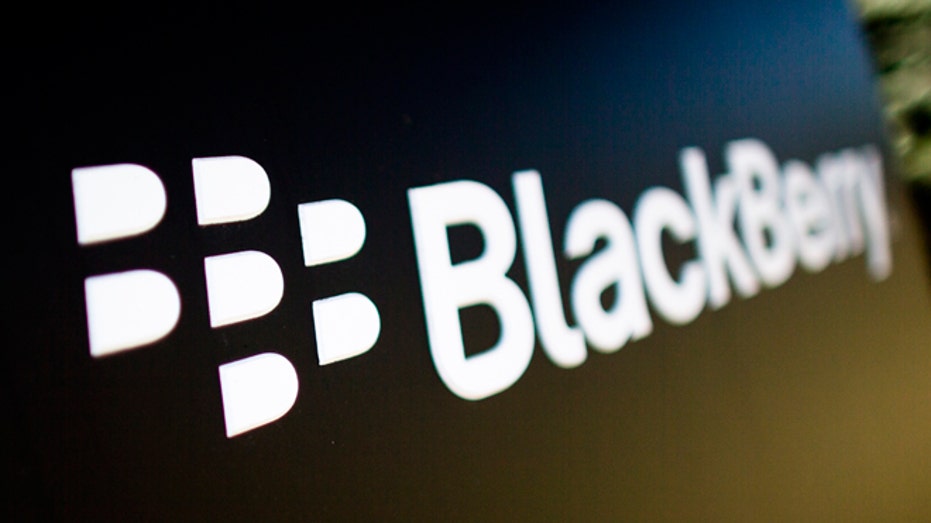
Bearish traders have been calling for BlackBerry’s (NASDAQ:BBRY) demise for years amid enormous competition from the likes of Apple (NASDAQ:AAPL) and Google (NASDAQ:GOOG).
This year serious cracks in the Canadian smartphone maker’s business forced it to search for a white knight and recently take massive $4.4 billion loss.
A tentative $4.7 billion go-private deal collapsed last month, sending BlackBerry share’s crumbling and simultaneously rewarding short sellers. For the year, BlackBerry has tumbled 38%. At its low of $5.44 earlier this month, BlackBerry had plunged 70% from annual highs of just over $18.
Borrowing volumes, a sign of short selling, surged to a high of 130 million shares earlier this year, according to Astec.
3. 3D Systems
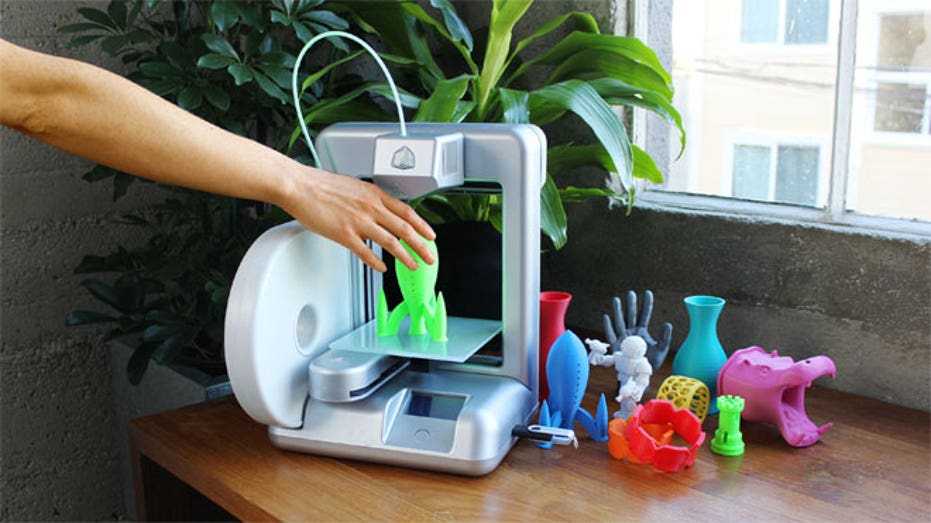
While the traditional printing industry has softened amid the shift away from PCs, investors are intrigued by the prospects of 3-D printing companies like 3D Systems (NYSE:DDD) that allow consumers to print anything from basketballs to edible pastries.
The Rock Hill, S.C.-based company’s shares have surged more than 155% this year, outperforming rival Stratasys (NASDAQ:SSYS) but trailing ExOne (NASDAQ:XONE), which has surged about 200% since going public in February.
“In many ways DDD’s (short) interest in 2013 was very much linked to the prospects, or at least perceived prospects, of the fledgling 3D printing industry as a whole,” said Karl Loomes, market analyst, SunGard’s Astec Analytics.
While 3D Systems’ stock price soared enough to absorb a $250 million stock offering this year, Loomes said short interest indicates short sellers have “remained pessimistic” about 3-D printing.
4. InterOil
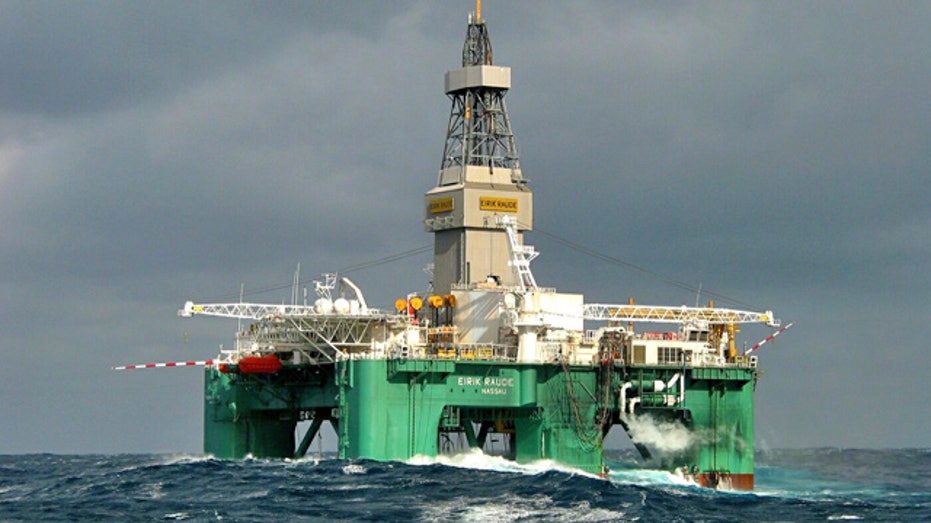
This Australian-based energy company has seen its stock price swing in a wide range this year, highlighted by one day in May that featured a $20 plunge amid news of a deal with ExxonMobil (NYSE:XOM).
Interoil (NYSE:IOC) develops crude oil and natural gas in Papua New Guinea off the coast of Australia and generated $1.31 billion in revenue last year.
Short interest has actually dropped almost 30% from their February highs, Loomes said, suggesting “the short side is seeing the share declines as offering fair value, or at least little opportunity to profit.”
5. Molycorp
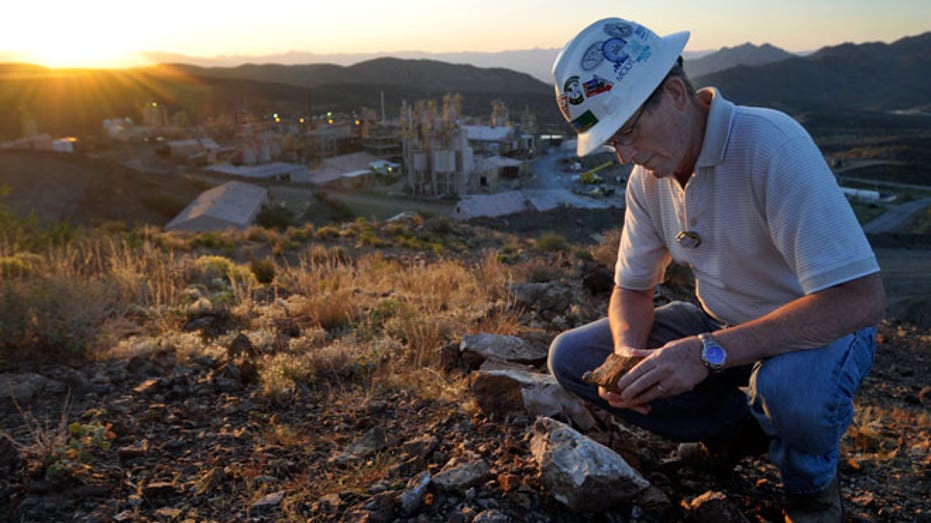
While the rest of the stock market shatters records, rare earths maker Molycorp (NYSE:MCP) has seen its share price tumble about 50% this year before a double-digit rally on Friday.
“Its prospects have been very much tied in with the rare earth elements market and in turn economic growth in China,” Loomes said.
Molycorp, whose rare earths are used in high-tech devices like tablets and smartphones, has also been buffeted by rumors of a buyout bid and a $300 million capital raising earlier this year.
The number of Molycorp shares being borrowed has more than doubled since January, Astec said.
6. Opko Health
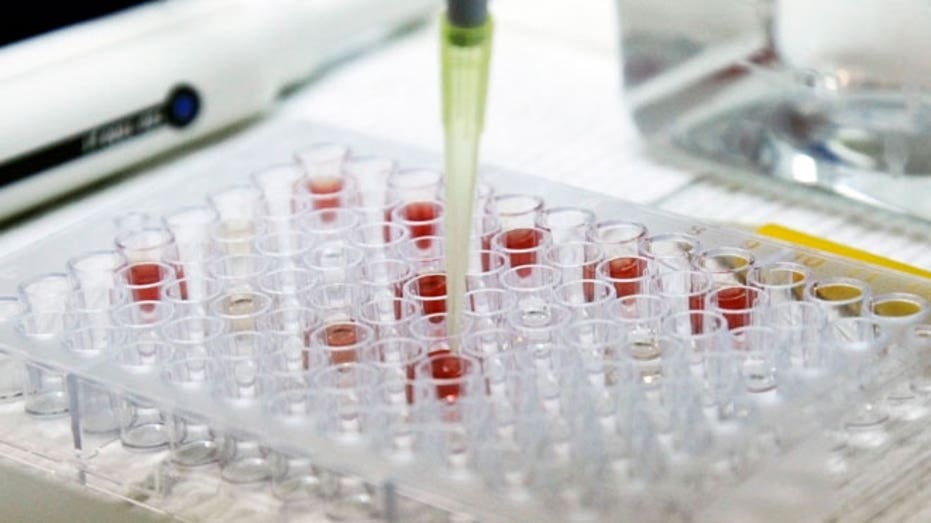
Short sellers are clearly unconvinced by Opko’s (NYSE:OPK) impressive 2013 surge of 85%.
Based in Miami, Opko develops drugs and diagnostic solutions used to treat various conditions.
While the stock price has benefited from insider purchases by CEO Phillip Frost and a secondary listing in Tel Aviv, the number of borrowed volume continues to rise, Astec said.
7. Arena Pharmaceuticals

Arena’s (NASDAQ:ARNA) obesity drug Belviq is at the forefront of the pharmaceutical company’s prospects. Belviq received approval from the FDA in the middle of 2012 and competes with a weight-loss treatment from Vivus (NASDAQ:VVUS).
But Arena’s shares have retreated 33% year-to-date and are off 45% from their highs above $11 in January. While investors have soured on Arena, Loomes said the Astec analysis suggests a “somewhat more mixed” story from short sellers as borrowed volume has spiked a number of times.
8. J.C. Penney

There should be no surprise J.C. Penney (NYSE:JCP) made this list as the struggling department store has been the subject of bankruptcy rumors, the firing of a CEO and a public fight with former board member and ex-shareholder Ackman.
Astec said the number of J.C. Penney shares being borrowed has more than doubled during the last half of 2013 to about 77 million shares.
J.C. Penney’s shares have lost about 11% over the past four weeks and are down 54% on the year.
9. Herbalife

The controversial nutrition company has been in the spotlight this year as warring hedge fund giants fight over whether or not it is actually a pyramid scheme.
Ackman launched the fight with a $1 billion short on Herbalife (NYSE:HLF) that has lost his Pershing Square hedge fund more than $500 million. Herbalife has received support from both Daniel Loeb and Carl Icahn, neither of which are fans of Ackman.
Much to Ackman’s dismay, Herbalife has soared 180% over the past 12 months, hitting annual highs just last week north of $81. Astec said the number of Herbalife shares being borrowed has halved since May.
10. Sears Holdings
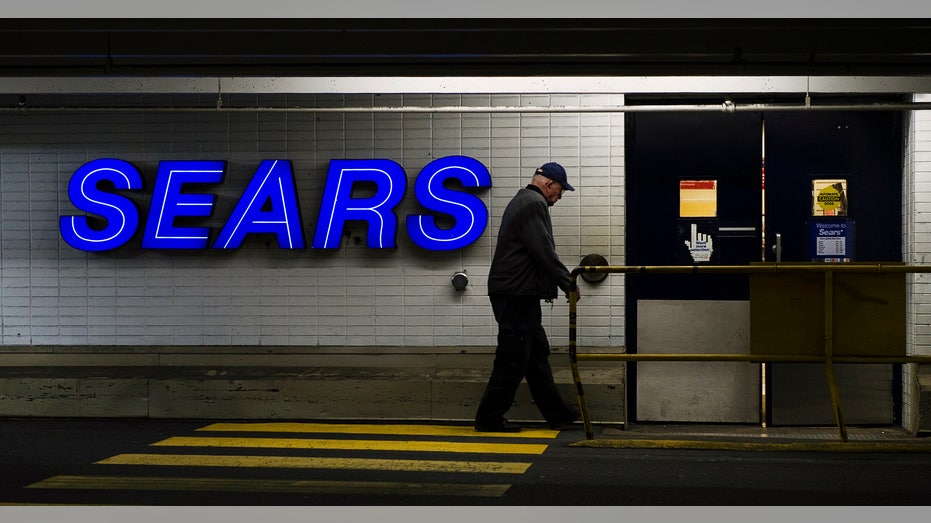
It’s been a mixed story for retailer Sears (NASDAQ:SHLD) as its share price had almost doubled since the start of the year to $67.50 in late November. But since then it has fallen off, retreating more than 30% over the past month amid signs of a subpar holiday-shopping season.
Sears, which also owns struggling Kmart, has moved in recent quarters to shed assets, including by announcing a spinoff of its Lands’ End clothing business.
So where does Sears go from here? Loomes said the recent slide for Sears share price has not caused a significant decline in borrowed volumes, “suggesting those on the short side remain pessimistic.”



















